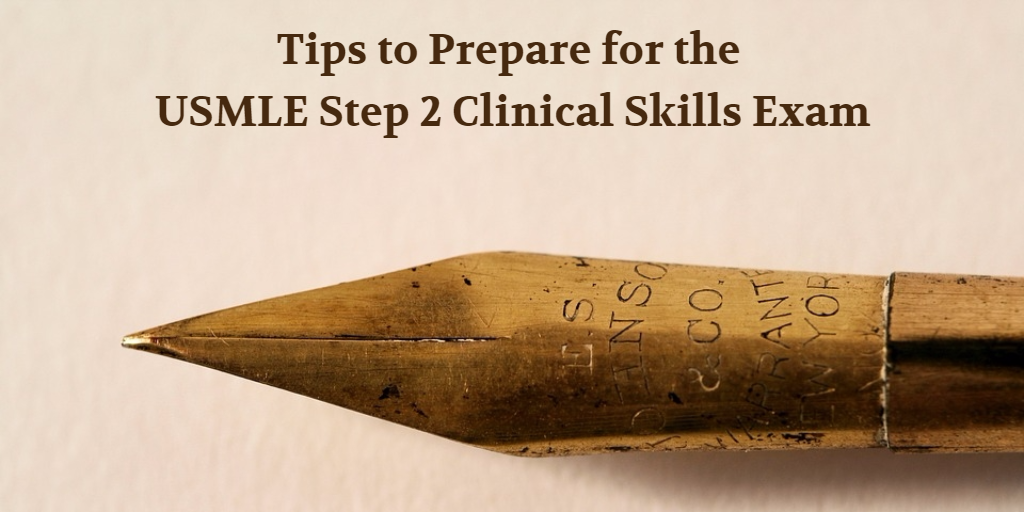Many students believe that passing the USMLE Step 2 CK exam is the most important part of USMLE Step 2, and fail to put the necessary effort into the Step 2 CS portion. The Step 2 CS exam emulates a clinical setting and is heavily based on patient interaction. International students are often at higher risk for failure in this exam because they may not be familiar with the US medical system and/or American culture. Step 2 CS uses standardized patients to test medical students and graduates on their ability to be patient-centered, address diagnostic challenges, document the encounter appropriately, and prepare the patient for the following steps. The following tips will best prepare students and graduates, from both the US and abroad, to achieve successful results for their Step 2 CS exam.
Tips:
- Communication is key, as most cases are specifically designed to elicit patient-centered communication. Methods of data collection demonstrate the examinee’s ability to relate to the patient, to list and pursue various plausible diagnoses, and/or assisting patients to make decisions on with disease or problem management. Actively listening is crucial because the patients will present complaints and conditions. By asking relevant questions, you will be able to create an effective patient-doctor relationship.
- Take ownership of the situation — decision-making will only be up to you.
- You will only have 15 minutes per patient, so make sure to ask open-ended questions focused on the issue
- Speak clearly, think about the words you will use and watch your pronunciation
- Remember to take this test as if it was a real life scenario, where there could be various diagnoses
- Treat each patient as a unique case — even if the scenarios seem familiar
- Write legibly in case technical difficulties arise and you cannot write your notes on the computer. Poor handwriting can impact your score negatively
- Proper documentation is also very important — make sure to list differential diagnoses and support each
- Write the most likely diagnosis first
- Do not discuss the cases with other exam takers during exam day

